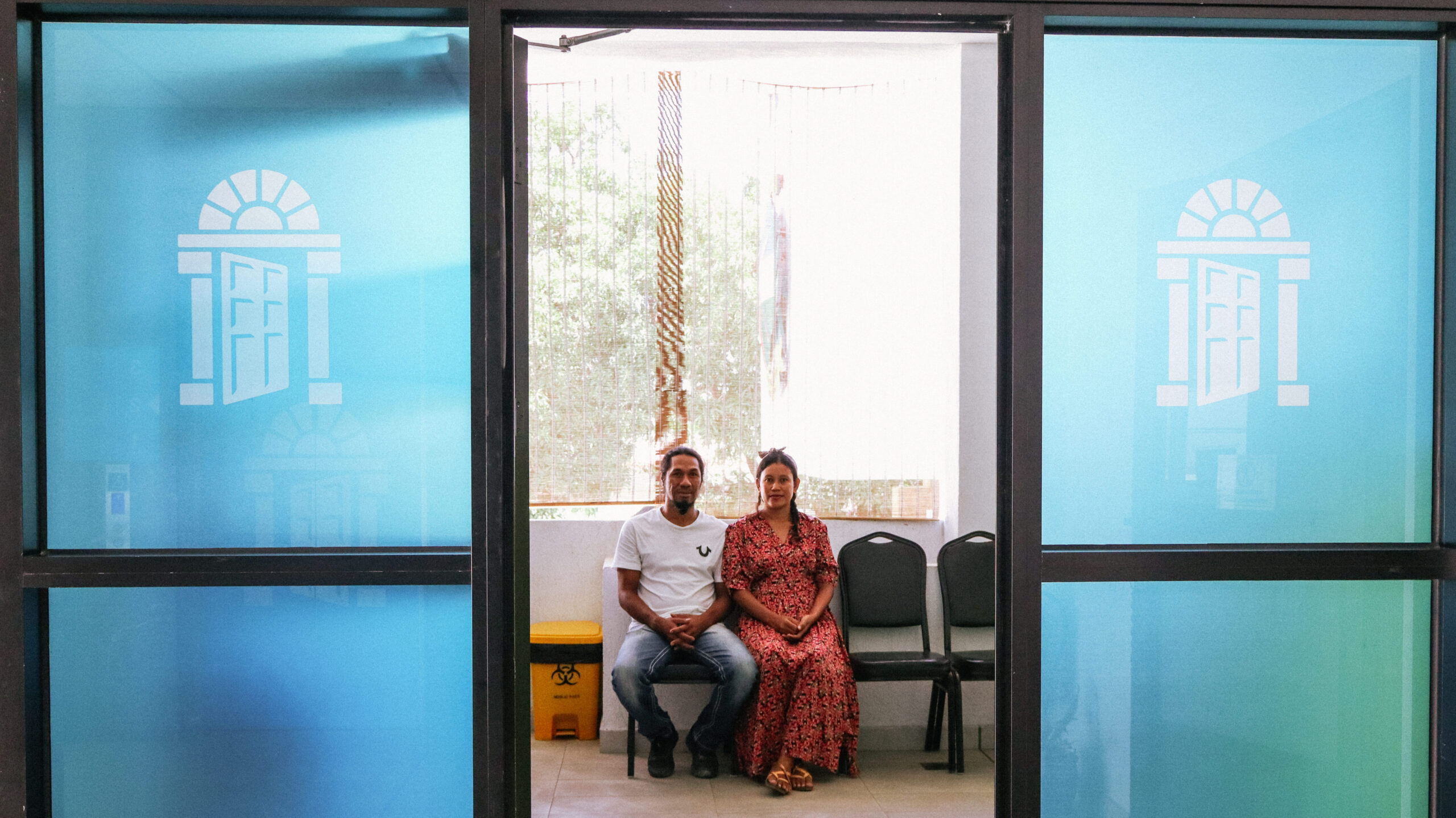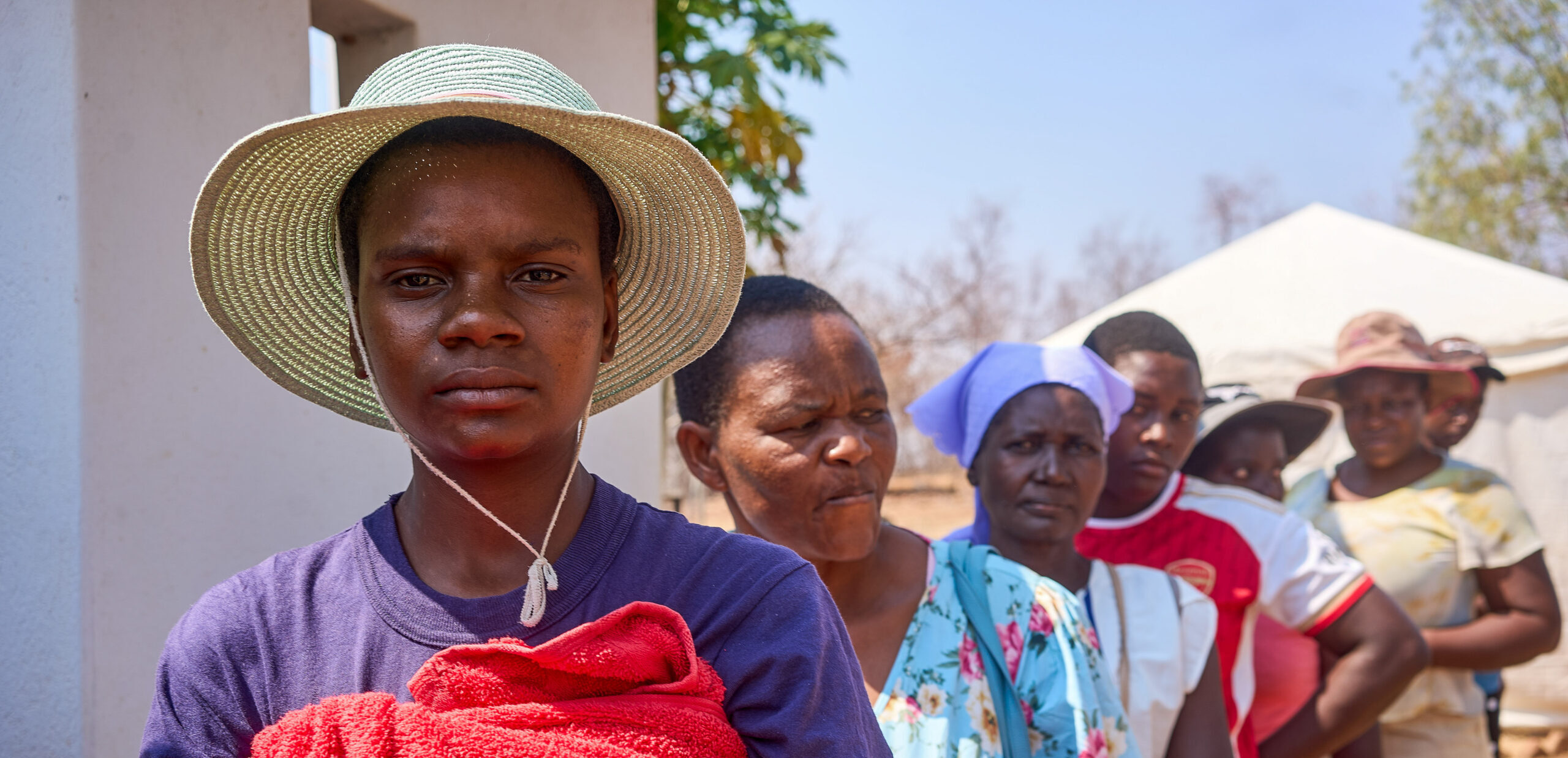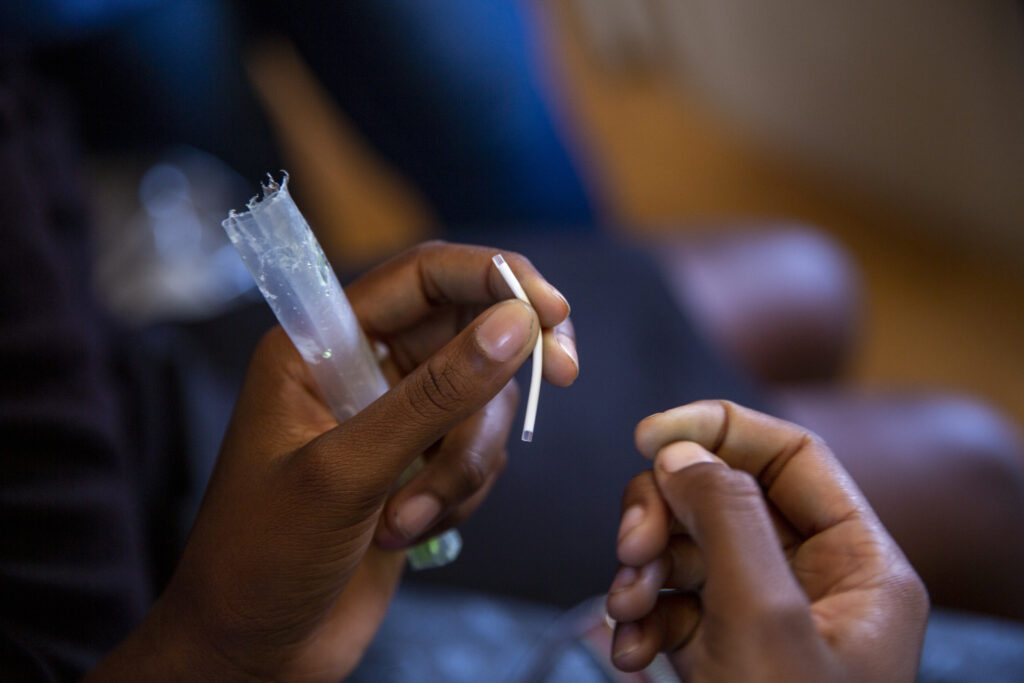
What is contraception and what are the options?
What is contraception?
Contraception can be defined as a method or device that prevents pregnancy. Contraception is an essential component of sexual and reproductive healthcare and gives people autonomy over their reproductive health and lives, by enabling them to decide if, or when, to become pregnant.
At MSI, as one of the world’s leading providers of sexual and reproductive healthcare, we proudly provide a range of contraceptive options, so people can choose the method that’s right for them.
What types of contraception are there?
Types of contraception range from short-term barrier methods, which also protect against sexually transmitted infections, such as the male condom, to long-acting methods, such as the Intra-Uterine Device (or IUD), which can prevent pregnancy for up to 12 years. Permanent methods of contraception include tubal ligation and vasectomy, which are minor surgical procedures for people who do not want to have children in the future.
When it comes to deciding which contraception to use, it is never a one-size-fits-all approach. Everything from age to lifestyle can affect which method will best suit your needs. With more contraceptive methods available than ever before, it is vital that everyone has the information they need to make an informed choice.
Interested in which contraception options are available that meet your needs? Our UK clinic network, MSI Reproductive Choices UK, offer a free digital contraception counsellor service – Choice. Try it via the MSI UK website.
With contraception, people can take control of their futures.
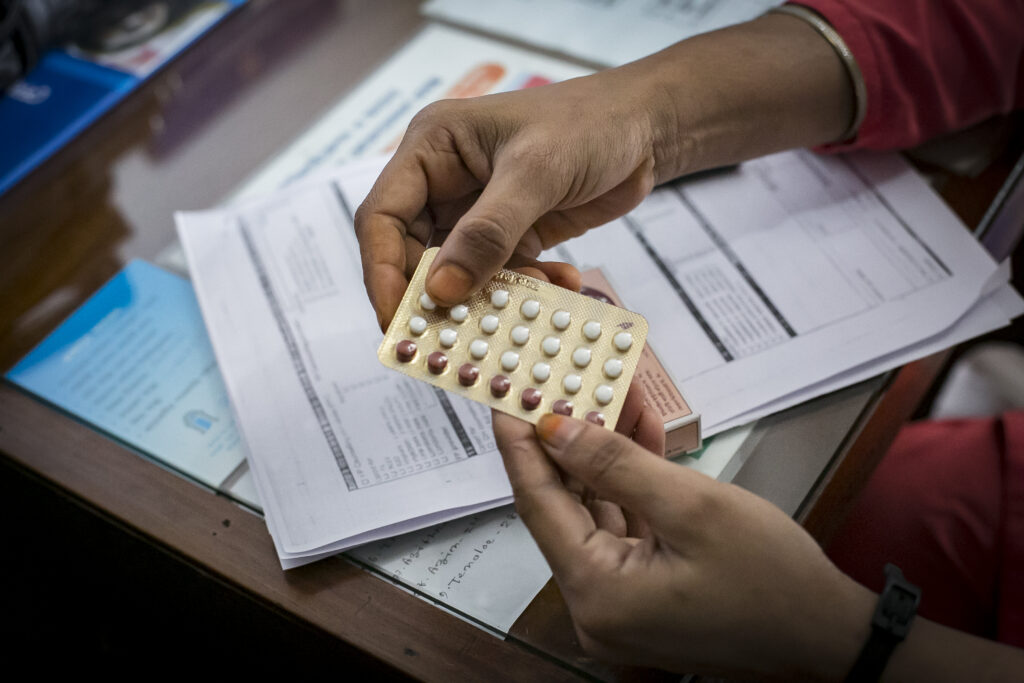
The benefits of contraceptive access
The ability to choose if or when to become pregnant can have a far-reaching impact on an individual’s ability to make life decisions. With contraception, people can determine their own futures, for example, by choosing to stay in education or pursuing a career.
Evidence shows that access to contraception can support more girls to remain in education globally. MSI’s analysis found that every year across sub-Saharan Africa, up to 4 million girls drop out of school or are excluded due to teenage pregnancy.
But by transforming access to adolescent-friendly information and contraception services, we can enable young people to avoid unintended pregnancy and complete their education, helping to advance gender equality and break cycles of poverty.
Contraception can also support mothers like Margaret to pursue a career. Margaret accessed contraception with MSI Sierra Leone, allowing her to avoid unintended pregnancy and complete her teacher training. As her family’s breadwinner, this has allowed her to support her family, while following her dream of becoming a teacher.
MSI is working to ensure that everyone who wants to use contraception has access, and no one is left behind. With your support, we go further.
“Ever since I received contraception, my worries about becoming pregnant stopped and I was able to pursue a career in a teacher’s college.”
Margaret, an MSI contraceptive client in Sierra Leone
The challenge – a lack of access to contraception worldwide
257 million women want contraception but have no access
Not everyone who wants access to contraception is able to access it. Across low- and middle-income countries, there are 257 million women who want, but are unable to access, contraception. As a result, half (49%) of all pregnancies – 121 million annually – are unintended.
Adolescents, in particular, find it hard to access contraception. An estimated 23 million adolescent girls want access to contraception but don’t yet have it, resulting in 21 million pregnancies each year, half of which are unintended.
At MSI Reproductive Choices, we are working across 36 countries worldwide to deliver sexual and reproductive healthcare, including contraceptive services for adolescents. This ensures young people have the support they need to better understand their bodies, have healthy relationships, avoid unplanned pregnancies and determine their own futures.
What happens when people can’t access contraception
When people are denied access to contraception, it can affect their futures – whether that’s finishing school or pursuing a career. It can also impact their health.
For young people in particular, unintended pregnancies can be dangerous, as adolescents face a higher risk of severe conditions, such as eclampsia. Across the world, complications during pregnancy and childbirth are the leading cause of death for 15-19-year-old girls. Enabling young people to avoid unintended pregnancies with access to contraception can save lives.
During humanitarian emergencies, where one in five women and girls report experiencing sexual violence, a lack of access to contraception and other sexual and reproductive healthcare services can put lives at risk. During the Ebola outbreak in West Africa, for example, women’s access to sexual and reproductive healthcare was disrupted, and as a result, it is estimated that as many, if not more, women died from this reduction in healthcare access than from Ebola itself.
What we can do to deliver contraceptive access to all
MSI’s work to expand access to contraception worldwide
At MSI Reproductive Choices, we believe that everyone should have the right to make choices about their own body and their own future. As one of the world’s leading providers of reproductive healthcare, we provide the means to do so, working across 36 countries to expand access to contraception for those who want it. Around the world today, 35 million women are using a method of contraception provided by us.
But our work is far from complete. We know the transformational impact that contraception can have on an individual, their family and community, and we won’t stop until everyone, everywhere, can make the reproductive choices that are best for their lives, bodies, and futures. Because when we can all determine our futures, we can contribute to creating a better, more equal future for everyone.
It only costs £6 per year – or 2 pence per day – for MSI to provide someone with life-changing reproductive healthcare, giving them the power to decide if or when to become pregnant. This reproductive choice helps keep girls in school, supports women to lead, and helps build more equal communities. With your help, we can make sure everyone has access to the transformational power of reproductive choice.
Join us in making choice a reality for everyone
Reproductive choice changes lives. Together, we can make choice possible.
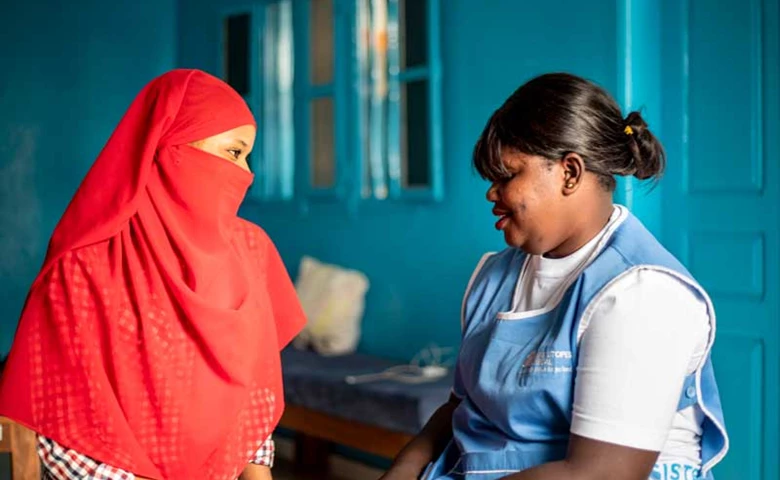
Donate to reproductive choice
It costs only £6 per year – or 2 pence per day – for MSI to provide someone with life-changing sexual and reproductive healthcare, giving them the power to decide if or when to become pregnant.
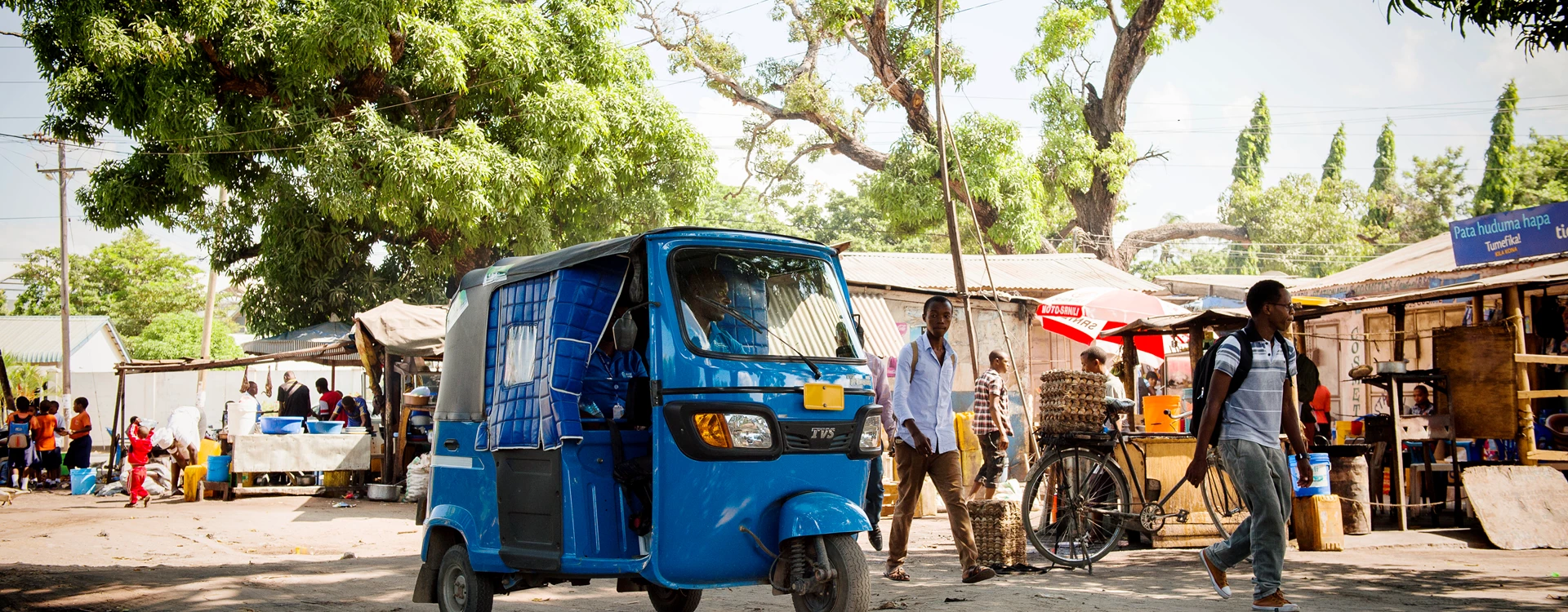
Subscribe for email updates
By subscribing for email updates and joining our community of reproductive choice advocates you can stay up-to-date with the latest news and campaigns on reproductive healthcare and rights.
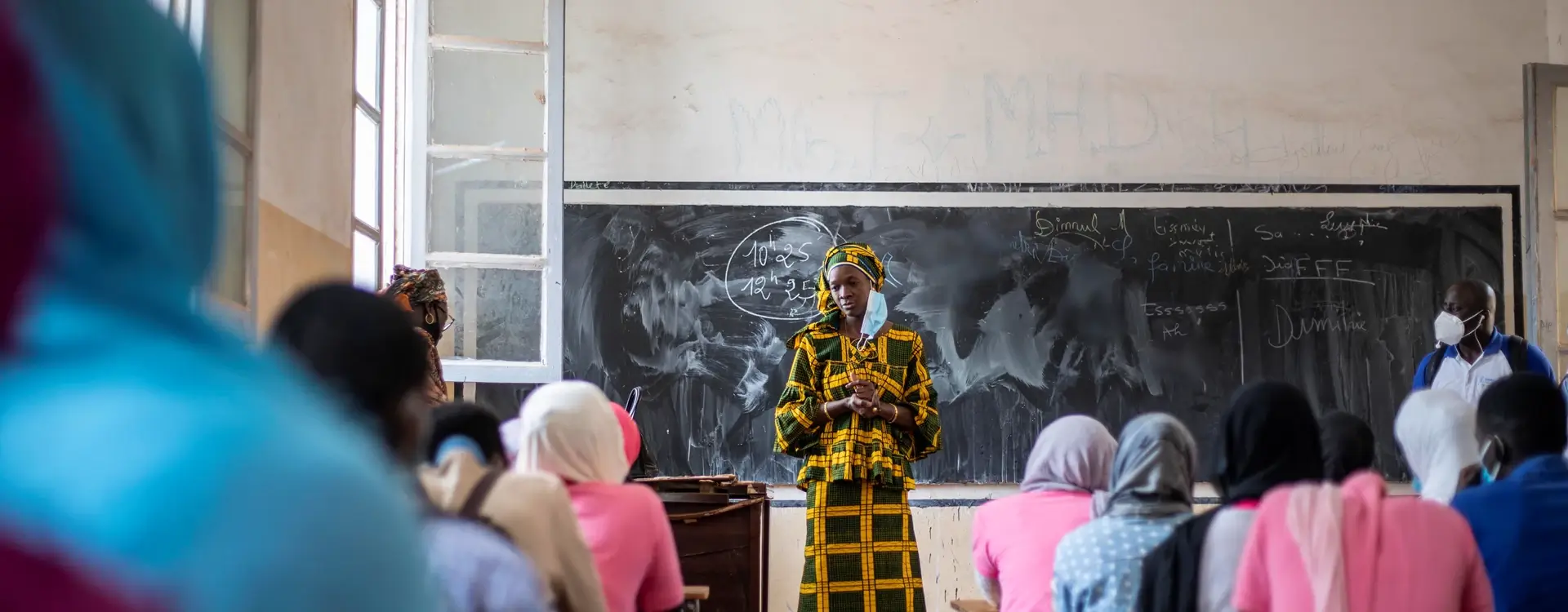
Partner with us
Whether you give time, money, or expertise, your investment could benefit women and families for generations to come. Want to join our vision and help us make choice a reality for everyone?







